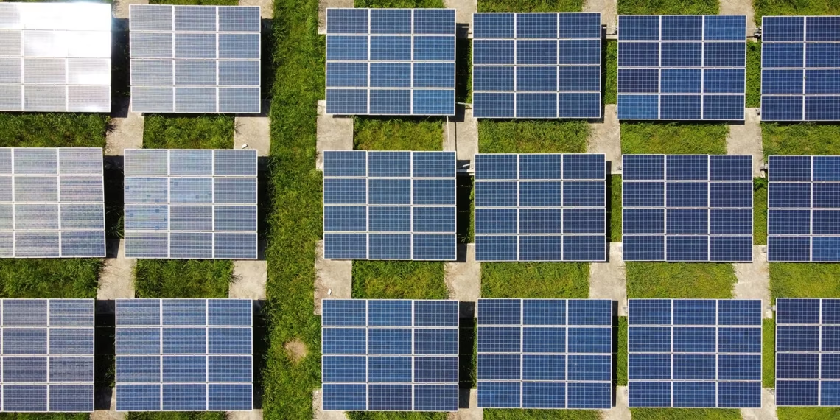The connection between cybersecurity and sustainability may not be immediately obvious, but tight security is essential to live greener lives.
People don’t immediately connect cybersecurity with sustainability. However, tight internet security is essential for many of the products and efforts that people use to live greener lives and conduct environmental research.
1. Keeping Renewable Energy Infrastructure Safe From Attacks
It’s more common than ever to use renewable energy to power homes and businesses. In addition to the eco-friendliness of renewables, people can often claim tax credits that make it more affordable to install renewable energy equipment.Unfortunately, the rise in renewable energy has led to more cybercriminals targeting green energy infrastructure. Widespread blackouts would be catastrophic and could restrict or halt critical services. Too many successful hacks on green energy equipment may make people think it’s unreliable.
The good news is that cybersecurity researchers are investigating how to protect the electricity grid from potential attacks. Their success would make the entire infrastructure more resilient. The Idaho National Laboratory described how a team built a high-tech system that blocks potential cyberattackers from compromising the grid. An advanced system could detect abnormal commands indicating possible infiltration attempts, then automatically block them after alerting operators. The idea is that this approach monitors for and stops cyberattacks before they compromise the infrastructure.
2. Supporting Data Collecting and Sharing Practices
One of the great things about the internet is that it makes it much easier for scientists and other concerned parties to gather information about climate change, wildlife migration, natural disasters, and other climate crisis factors.
Cybersecurity professionals play a vital role in maintaining the uptime of databases and other tools that allow users to share their findings. Some tools also use advanced technologies, such as artificial intelligence that can predict CO2 emissions or climate change effects. Internet-based systems remove geographic barriers, allowing people to pool their knowledge and other resources from anywhere. That convenience often means research happens faster and more thoroughly. However, cybersecurity professionals must implement access control tools that ensure only authorized parties can use the databases or see the information stored there. Monitoring for potential attacks is also essential, since such events could hinder research and lengthen timelines.
3. Safeguarding Products From Attacks
The Internet of Things (IoT) has dramatically improved connectivity and communication between appliances. Now, everything from your fitness tracker to a coffee maker can send real-time information to cloud-based platforms for later analysis. Many smart home products also support sustainability. For example, you could buy a smart showerhead to reduce the water used when bathing or a smart thermostat that keeps your home at an energy-saving, yet comfortable, temperature.
However, the rise in IoT products has significantly increased the potential attack surface for cybercriminals to exploit. Most manufacturers of smart home products realize independent cybersecurity researchers are among their best allies for finding issues and alerting the product makers to them. That’s why many manufacturers and tech brands have bug bounty programs. They reward people for finding and reporting new cybersecurity flaws. In 2022, a Google blog post announced that the rewards for finding problems with the company’s smart home products would double for six months. That’s a sign of Google’s increased commitment to providing safer offerings for smart homes.
4. Becoming Consultants for the Makers of Sustainable Products
Many people are eager to purchase connected products that will help them live more sustainable lives. But they balk if doing so means sacrificing their privacy. That was one of the notable takeaways from a 2023 study by Smart Sensi Thermostats, which polled both smart thermostat owners and those not currently using the devices.
For example, seven in 10 respondents said they’d likely replace their current thermostat with one that did not share data with third parties or use people’s information for targeted marketing. Another 80 percent felt concerned about smart thermostat manufacturers having access to their data. These statistics are excellent reminders of the value cybersecurity professionals can bring to the companies that make smart thermostats and other devices that help people live more sustainably. Hiring such experts could also set manufacturers apart in an increasingly crowded market. Building a privacy-centric smart device that supports sustainable living provides a major selling point to interested consumers. The product makers could also rely on cybersecurity experts to help them create documentation that precisely describes the built-in safety and security features.
Cybersecurity Supports Sustainability Efforts
People can live more sustainably in multiple ways. Although better sustainability can take you down numerous paths, cybersecurity is the foundation for many of them. As more of the world’s activities center on the internet and connected devices, cybersecurity expertise remains in demand.

